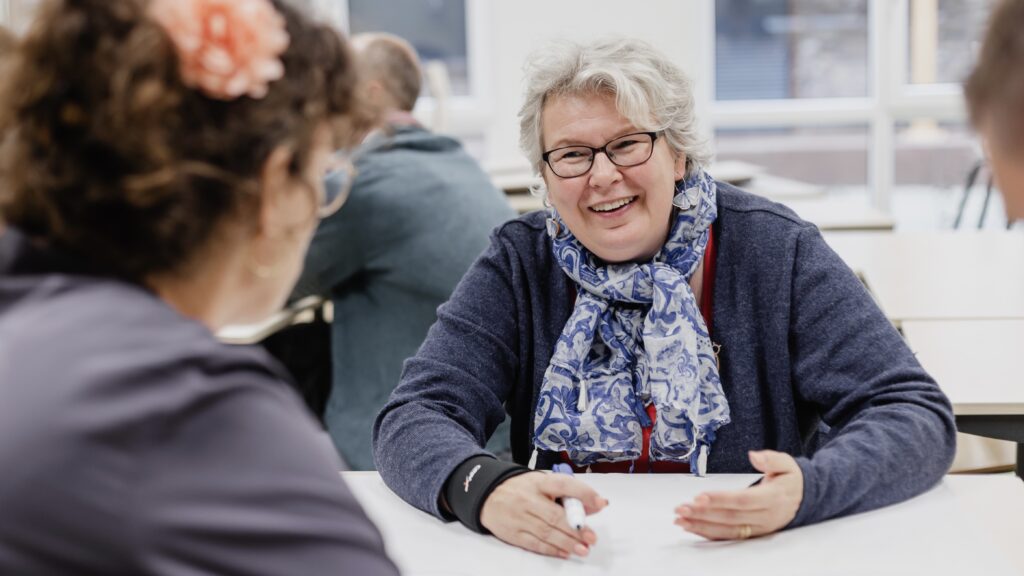Brussel, 25 January 2024
Calling our members to better understand their needs and challenges

From June to September 2023, we held two-hour long video calls with 25 out of our 27 member associations. The calls provide insights into our members’ needs so we can align our work and resources accordingly.
Teacher shortages, funding, and curriculum development are the leading challenges
According to the reported realities of our members, the biggest challenges for Steiner Waldorf schools and school associations in Europe are teacher recruitment and training, financial sustainability of member associations and schools, curriculum development, advocacy opportunities, and public relations. Categorising these challenges by the priority to find solutions and the intensity of the challenge across our membership, the listed challenges are followed by concerns related to school infrastructure, school governance, inclusivity, and the protection of the Waldorf trademark.
Interested in how we can better help our members in matching their needs
We also tried to better understand what kind of capacity building opportunities, thematic working groups, and European-level projects we could offer to best support our members’ needs. The needs most mentioned in this context were for training on fundraising, advocacy, public relations, curriculum, and upper school development. These findings serve as the basis for the Erasmus+ webinars, advocacy and public relations online training, further development of a common curriculum framework for Steiner Waldorf schools, and feed into the UPSWE project, all planned to be realised during 2023 and 2024.
Collecting information from the national level to better advocate on the European level
To enhance our European-level initiatives, through these calls we systematically gathered and documented data on various aspects of Steiner Waldorf education on the national level. This effort was co-funded within our EU-granted work plan for 2023. We were gaining insights into the recognition of Steiner Waldorf schools, curriculum development and accreditation, quality assurance measures, sustainability and media education practices, leadership in schools and associations, as well as effective strategies for parental involvement. Based on these insights, we can better represent our members’ needs in our advocacy efforts within the European Education Area and beyond.
A question? Please don’t hesitate to contact us!




